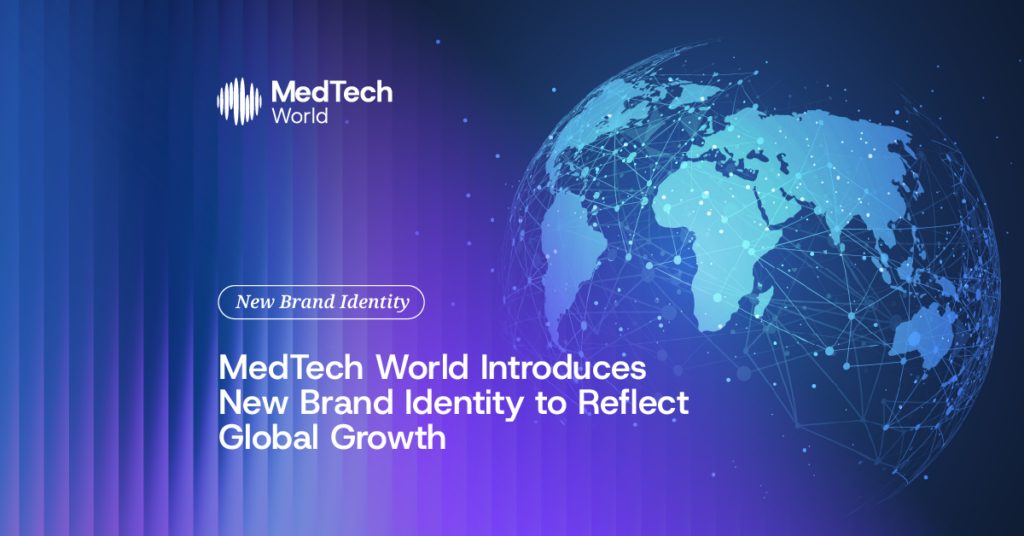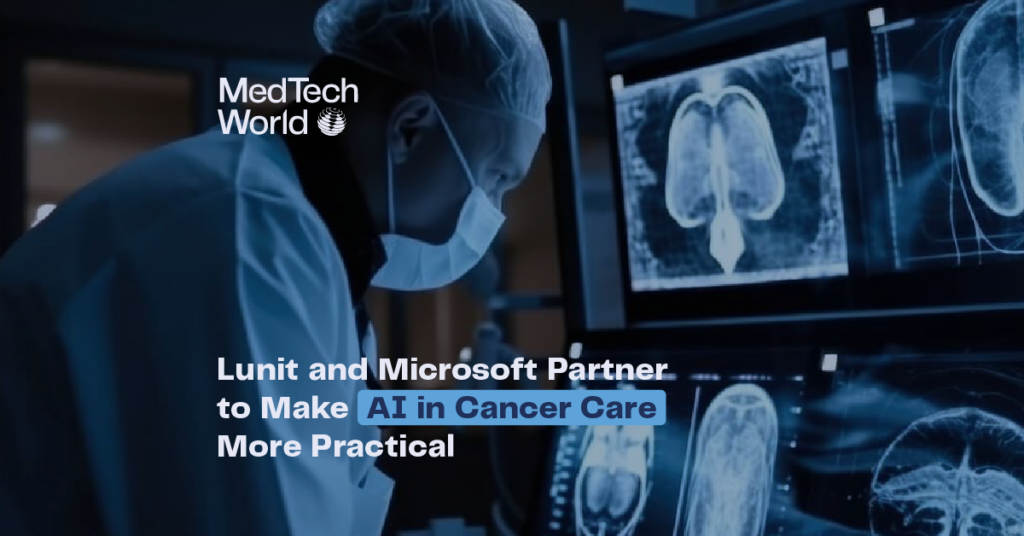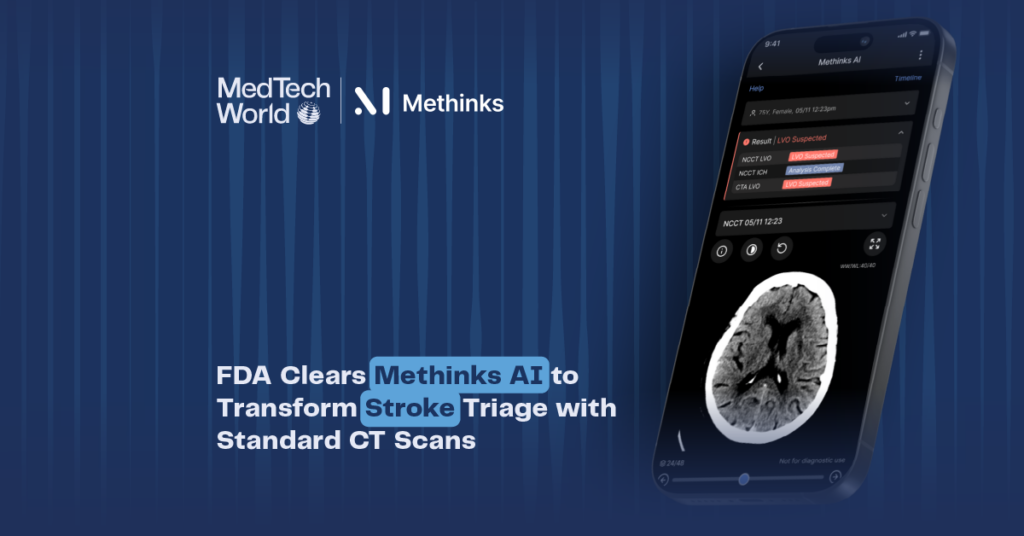
Michael Joe Cini
18th January 2023
MedTech: Is It Time To Call It a Day in The Clinic?
MedTech is an ever-growing field that is continually blooming with ideas, innovations, and solutions. Behind this much-needed development is the technology that has touched nearly every aspect of modern life – Artificial Intelligence (AI). In many of our previous articles, we explored the current impact of AI on the healthcare system. Looking at how AI stands as the backbone of many medical devices, including self-monitoring and remote monitoring devices, and how it enhances patients’ data security, we wondered if artificial intelligence is the pillar of tomorrow’s medical industry. Of course, if we examine where and how AI is delivering value, sooner or later, it would be difficult to escape the question of whether the time has come to call it a day in the clinic.
In a panel chaired by Alexiei Dingli, Professor of artificial intelligence at the University of Malta, during Malta week in November 2022, there was an extensive discussion between the sophisticated speakers on where and how AI is adding value to the healthcare industry and what to expect in the coming days.
The speakers are Gege Gatt, CEO at EBO.ai, Michel Bielecki, CEO and Co-Founder at Testasy, Fruzsina Mezei, Health Economist at Semmelweis University & Digital Health Lead, Medistance, and Nishargo Nigar, Co-Founder at Bolo.
In your opinion, what kind of problems is AI trying to solve?
Gege Gatt: I tell most of my students at the University of Malta that the role of education is to help us think about interesting problems that we can solve. And I think EBO is blessed with the opportunity to solve two of the largest Public Healthcare problems that plague our society today.
The first problem is access. Eurostat research shows that about 52% of all European citizens do not have the level of digital literacy skills to allow them to interact with the overly digital, overly bureaucratized healthcare platform systems, and this is a problem. You cannot marginalise half of your society and push them out of what is ultimately a public good. So, EBO solves the problem by lowering the bar of engagement to allow any citizens, irrespective of their digital maturity and skills, to effectively interact with healthcare.
The second problem we focus on in this area is capacity. A study by the WHO shows that by the end of our decade, we will have 10 million fewer clinicians than we need to sustain basic healthcare services. This is an imminent problem that universities can’t solve in the short term. However, we believe that AI can help in restoring capacity back to our overworked clinicians. How does AI do this? AI, through automation, can eliminate robotic administrative, repetitive, non-value-creating activities burdened on clinicians, thus giving them time to focus on their main function as physicians.
How do you identify the best solutions which are both good for the patient and the healthcare system?
Fruzsina Mezei: Currently, there are many health solutions with AI components in the market and there are some being developed as we speak. However, globally, several organizations have taken up the burden of trying to identify the solutions that actually add value to the healthcare system. This is the point where buyers and decision-makers turn to health technology assessment, which is really important in implementing digital health solutions and AI.
AI-powered solutions, by nature, are constantly updated to improve their functionality. With every update, there is a change in the technology, making it difficult to evaluate these AI solutions. However, regulatory agencies are trying to keep up with this and create frameworks that would help in evaluating the solutions.
What’s your opinion about the integration of these different solutions?
Michel Bielecki: I think we have a bit of a graveyard of AI solutions. Scientists and clinicians often come up with models, but stop after publishing, without getting further validated. Recently, Switzerland opened one of the largest AI centers in the world and possesses one of the most modern clinics, University Hospital Zurich, with absolutely no implementation of AI solutions there.
No framework that allows this technology transfer from the lab into clinical work. Another example is Brigham and Women’s Hospital, Boston, which actively pushes for the implementation of research projects into everyday clinical work.
What should we do about the graveyard AI solutions? Limit the usage of AI or not?
Nishargo Nigar: Although AI has become an entity that both entrepreneurs and healthcare systems are eager to implement, we should ask ourselves if it is working and if customers have been benefiting as much as they should have. The usage of AI-based solutions should depend on their benefits to the healthcare industry not on how cool or widely accepted they are.
What are the elements holding us back from reaching the patient and giving this technology to people?
Gege Gatt: Most patients do not trust artificial intelligence. To move towards a trust-based society in technology, we can’t only focus on improving the technology but also rethink the concept of patient information. One big blocker to adoption is the aggrandization of claims about what AI can achieve. Technology moves fast but the cognition of patients does not. For patients to trust an AI innovation, we need to take time and patiently explain its benefit to the patients.
Transparency about the actual benefits and functions of an AI solution helps patients understand better and trust such innovation with their lives.
More often than not, the hype created around AI in healthcare subsequently hides the tough questions that need to be asked, and it is through these questions that trust could be built.
Can AI be unhelpful to people?
Nishargo Nigar: Everything is being replaced but you can’t replace everything at the same time. For example, that AI answers questions and gives advice doesn’t mean it can replace doctors. Many patients want to be heard, seen, and validated through real human connection which is only achieved by being attended to by experts in the respective fields.
Conclusion
Artificial intelligence is taking on challenges in the healthcare industry. We have seen it transform the MedTech field and the medical industry as a whole. The next few years will undoubtedly be interesting.
What do you think the situation of MedTech will be like in 10 years?
For more news visit: https://med-tech.world/news/




